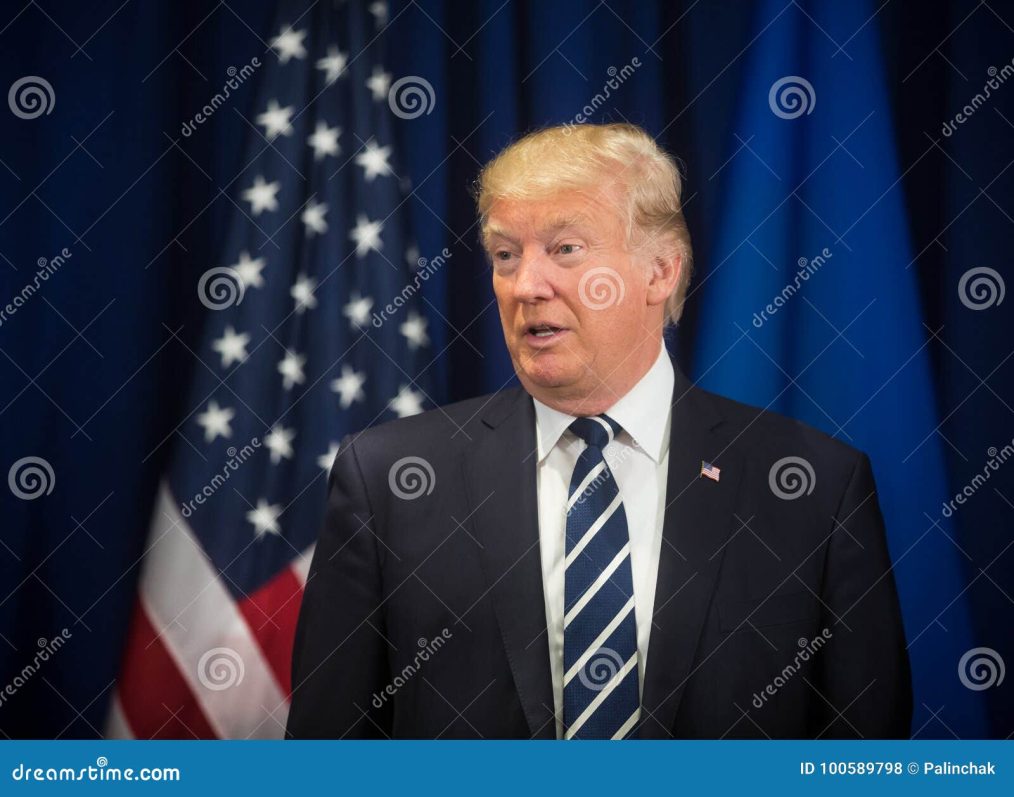
A Leftist-Dominated Educational Establishment and Its Media Enablers Fear Trump’s Scorched-Earth Reforms
Los Angeles Times
The American educational establishment, entrenched in progressive ideologies and supported by its media allies, faces growing anxiety over Donald Trump’s pledge to defund institutions that embrace Diversity, Equity, and Inclusion (DEI) policies and tolerate antisemitism. His promise signals a pivotal shift, rejecting incremental reform in favour of bold measures designed to confront systemic issues head-on.
Occidental College: A Microcosm of the Problem
Occidental College, a liberal arts institution in Los Angeles, recently settled a high-profile antisemitism complaint. Jewish students at Occidental reported persistent harassment and discrimination following the Hamas-led massacre in southern Israel on October 7, 2023. The college’s alleged indifference violated Title VI of the Civil Rights Act, which prohibits discrimination on the basis of race, colour, or national origin in federally funded programs.
This settlement, lauded by organizations like the Anti-Defamation League, is less about newfound institutional accountability and more about pre-empting the looming threat of federal intervention under Trump. The resolution is emblematic of broader failures within academia, where DEI frameworks have often amplified, rather than mitigated, campus intolerance.
DEI: A Trojan Horse for Antisemitism?
Critics argue that DEI initiatives, originally intended to foster inclusivity, have become vehicles for exclusionary ideologies. Rooted in critical race theory, DEI redefines equity as enforced outcomes rather than equal opportunities. This approach not only marginalizes dissenting voices but also provides a framework where antisemitism thrives under the guise of “anti-Zionism.”
The intersectionality underpinning DEI categorizes Jews as “privileged oppressors,” ignoring the historical and ongoing struggles of Jewish communities. Such narratives have normalized hostility towards Jewish students and faculty, exacerbating divisions on campuses nationwide.
Why Trump’s Approach Is Necessary
Trump’s proposed policies aim to address these systemic issues through decisive action:
- Defunding Non-Compliant Institutions: By tying federal funding to adherence to anti-discrimination laws, Trump seeks to create tangible consequences for universities that fail to protect Jewish students or perpetuate DEI-fuelled hostility.
- Shifting Enforcement to the Department of Justice: Current Title VI complaints, overseen by the Department of Education, are often protracted and ineffective. By involving the Civil Rights Division of the Department of Justice, Trump intends to leverage greater resources and legal authority to combat campus antisemitism.
- Challenging Woke Orthodoxy: Beyond addressing antisemitism, Trump’s strategy targets the ideological foundations of DEI, advocating for a return to meritocracy and equal opportunity over group-based equity policies.
Opposition and Misrepresentation
Trump’s critics frame his plans as authoritarian overreach, arguing that they threaten academic freedom. However, proponents counter that the true threat lies in the current orthodoxy, which stifles intellectual diversity and normalizes discriminatory practices. For many, Trump’s unorthodox approach represents a necessary corrective to an educational system increasingly detached from its core mission of fostering critical thought and mutual respect.
A Path Forward
The recent settlement with Occidental highlights the inadequacy of existing measures to address antisemitism and other forms of discrimination on campus. Training administrators and adopting the International Holocaust Remembrance Alliance’s working definition of antisemitism are positive steps, but they fall short of ensuring accountability or cultural change. Real reform requires structural shifts—something Trump’s policies aim to achieve.
Broader Implications
The battle over DEI and antisemitism on campuses is emblematic of a larger cultural conflict. At stake is not only the future of American education but also the principles of free speech, equal treatment, and the preservation of Western values. Trump’s critics may decry his rhetoric, but his willingness to confront entrenched problems head-on may be what is needed to reverse the current trajectory.
Conclusion
Trump’s scorched-earth approach to academia, while polarizing, addresses urgent issues that have long festered within the educational establishment. By prioritizing accountability and rejecting the status quo, his policies have the potential to create lasting change. For the sake of Jewish students and all those marginalized by the current ideological orthodoxy, it is imperative to root for meaningful reform—even if it challenges the comfortable narratives of the left-leaning establishment.



